A session of the French National Assembly . (Photo: THX/TTXVN)
Since taking office on December 13, 2024, Prime Minister Bayrou has spent 100 days in the "hot seat" at the Matignon Palace. He is also the fourth person to sit in the French prime minister's chair in 2024, a year when France experienced a severe political crisis.
Compared to his predecessor who was there for only 99 days, the current Prime Minister seems to run a more effective multi-component government than former Prime Minister Michel Barnier, who was ousted by the left and the National Rally (RN) party in December 2024.
Mr. Bayrou did not hide his pride when sharing this with the press: “We are not trying to brag, but we have a method that allows us to achieve the budget and solve many situations. We will be able to look forward to the next 100 days.”
However, according to press assessments, Prime Minister Bayrou's first 100 days have not been easy, if not full of thorns, with more failures than victories.
The new government has just succeeded in passing the 2025 Budget and the Social Security Funding Law by invoking Article 49.3 of the Constitution, which allows passing laws without a vote of approval in the National Assembly.
In the past week alone, his government has faced a series of setbacks in parliament: from the partial rejection of the Agricultural Orientation Law to failures to amend the drug trafficking bill.
The retirement age of 64, which has become a symbol of the “work more” policy that President Emmanuel Macron has championed since 2022, is being fiercely opposed by unions and the left, especially since Prime Minister Bayrou publicly ruled out returning to the legal retirement age of 62.
The “closed meeting” on pension reform, designed by Prime Minister Bayrou as a dialogue mechanism, has quickly turned into a political minefield. The Workers’ Force (FO) union boycotted from the start, the Union of Local Employers (U2P) has walked out, and the French General Confederation of Labour (CGT) is threatening to pull out.
When Mr Bayrou expressed his opposition to returning the retirement age to 62 - one of the main demands of the Socialist Party (PS) - he soured relations with the political force that kept the government alive in Matignon.
As a result, PS MPs, who had previously refused to vote no confidence, are now threatening to “possibly,” “probably,” but “not definitely,” overthrow Prime Minister Bayrou’s government.
Meanwhile, another “time bomb” is also ticking: the inclusion of the European Pact on Asylum and Migration, ratified by the European Union last year, in a bill to be passed in Parliament.
This hot issue is expected to be passed by spring 2026 at the latest, but Prime Minister Bayrou is trying to extend the time, knowing that this document has little chance of being passed by the current National Assembly.
The right and far right see the treaty as too loose, while the left sees it as too strict. If Mr Bayrou were to invoke Article 49.3 again to ratify it, he could face a no-confidence motion.
In parallel, Prime Minister Bayrou has had to deal with another front: public disagreements within the government over whether or not to ban the wearing of headscarves in sports competitions, while the Senate has voted to pass a proposed law on the issue.
The incident prompted two of his pillars, Justice Minister Gérard Darmanin and Interior Minister Bruno Retailleau, to publicly threaten to resign within 48 hours.
But perhaps the biggest challenge is the fiscal equation that Prime Minister Bayrou must solve. With the goal of reducing the deficit to 3% of GDP by 2029, and increasing military spending from 2% to 3.5% of GDP as requested by President Macron, the government needs to save 150 billion euros over the next four years.
However, the executive has ruled out tax increases, and large spending cuts that could worsen an already gloomy economic situation, with growth forecasts for 2025 revised down to 0.7% (from the government's optimistic forecast of 1.1%).
In an ambitious letter to parliamentary group chairmen, Prime Minister Bayrou also pledged action in four areas: education, access to health care, the fight against red tape and public finances. He promised that “nothing will be left unturned” when it comes to “other major public policies.”
It can be seen that the Prime Minister will have to deal with a lot of work in the coming time, and just a little carelessness or a small ripple can also cause his fragile boat to tilt.
Despite facing many difficulties, Prime Minister Bayrou's position is temporarily safe for one simple reason: no one wants to replace him in the current situation.
His team believes Prime Minister Bayrou can hold on to the government, despite widespread chaos, and also relies largely on the opposition's reluctance to hold a vote of no confidence at a time when France and Europe are undergoing a major geopolitical shift.
As one MP from President Emmanuel Macron's camp observed: "If Michel Barnier or Gabriel Attal (the two previous prime ministers) had suffered half the current setbacks, they would have been eliminated. But this time is different, Prime Minister Bayrou benefits from the international context and the French desire for stability in the face of external threats."
“There is no point in toppling this government before the summer,” a government adviser said. “It would leave us with the responsibility for instability in a world that is already shaking.”
In the coming days, Mr Bayrou’s role as prime minister may be extended, but it will certainly be limited. There are three trends that threaten his stability: political cynicism is at its peak, the gap that has developed over the past seven years between the government and the people, and the lurking far-right.
For France, the question is not whether Mr Bayrou's government can carry out major reforms, but how long the country can tolerate this government, in the face of growing economic and geopolitical challenges both at home and abroad./.
According to VNA
Source: https://baothanhhoa.vn/100-ngay-tren-ghe-nong-cua-thu-tuong-phap-francois-bayrou-243309.htm


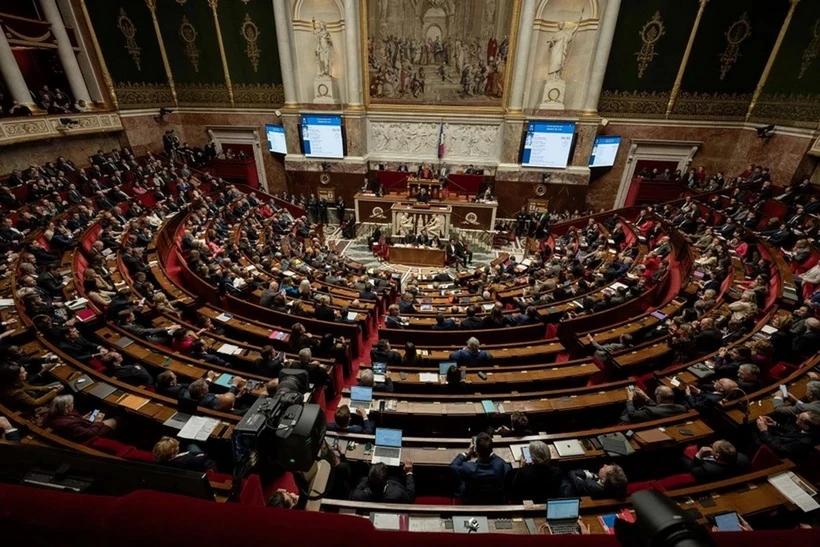
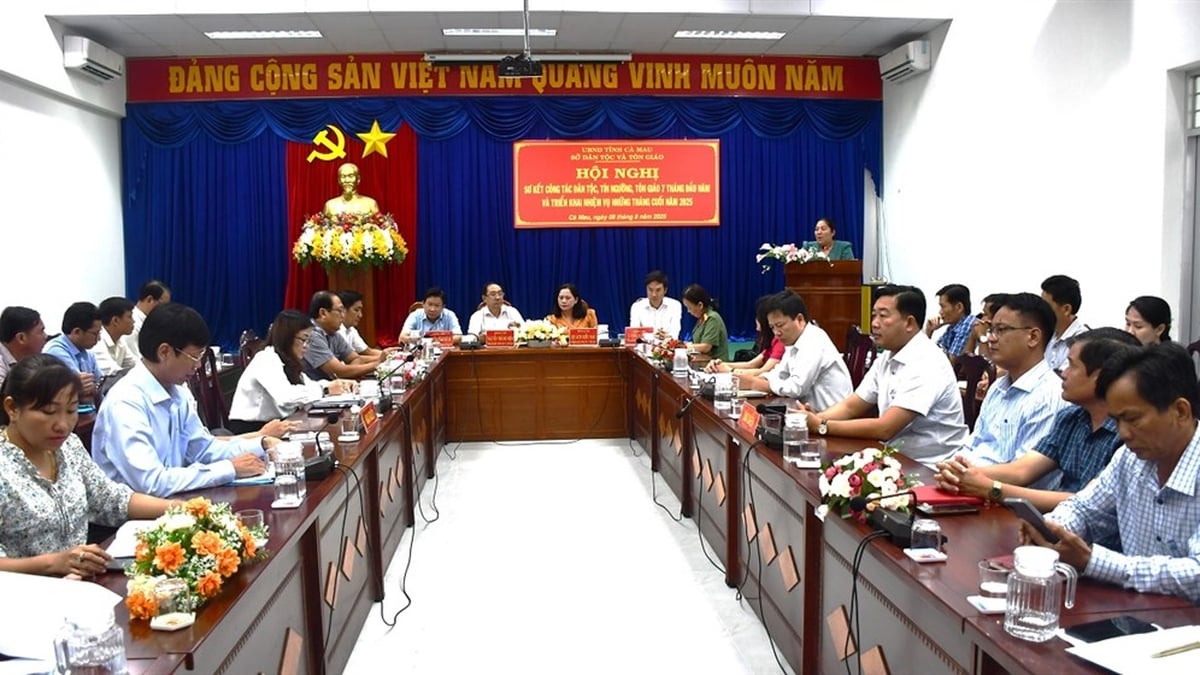






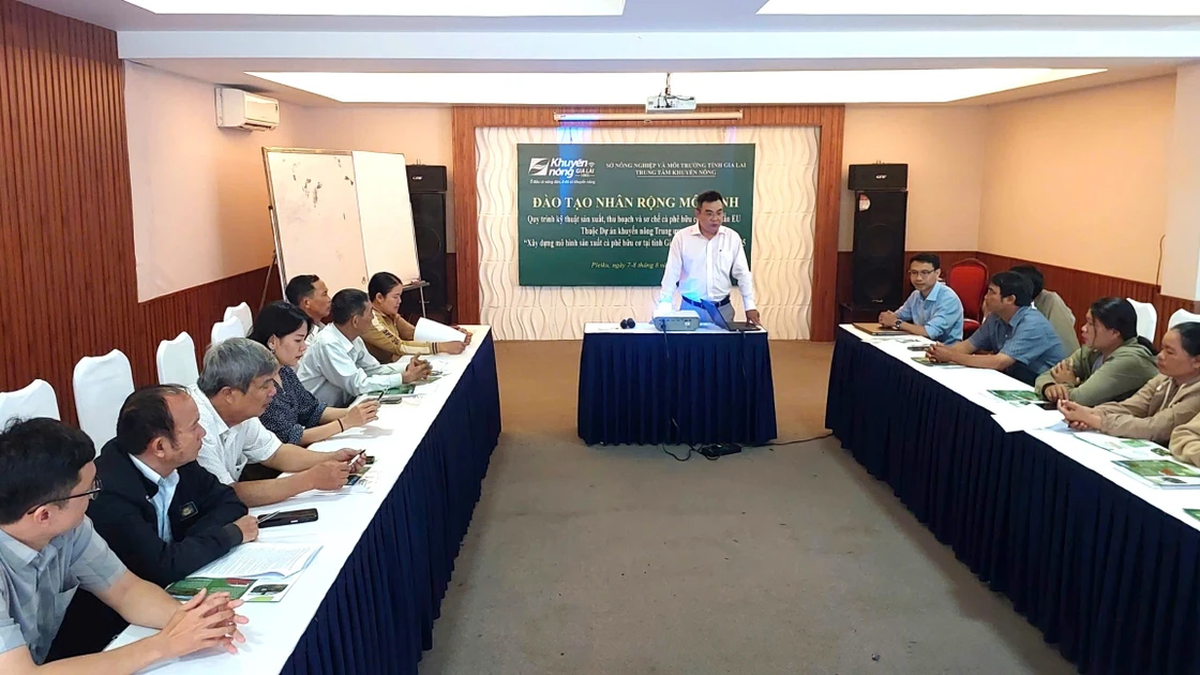

















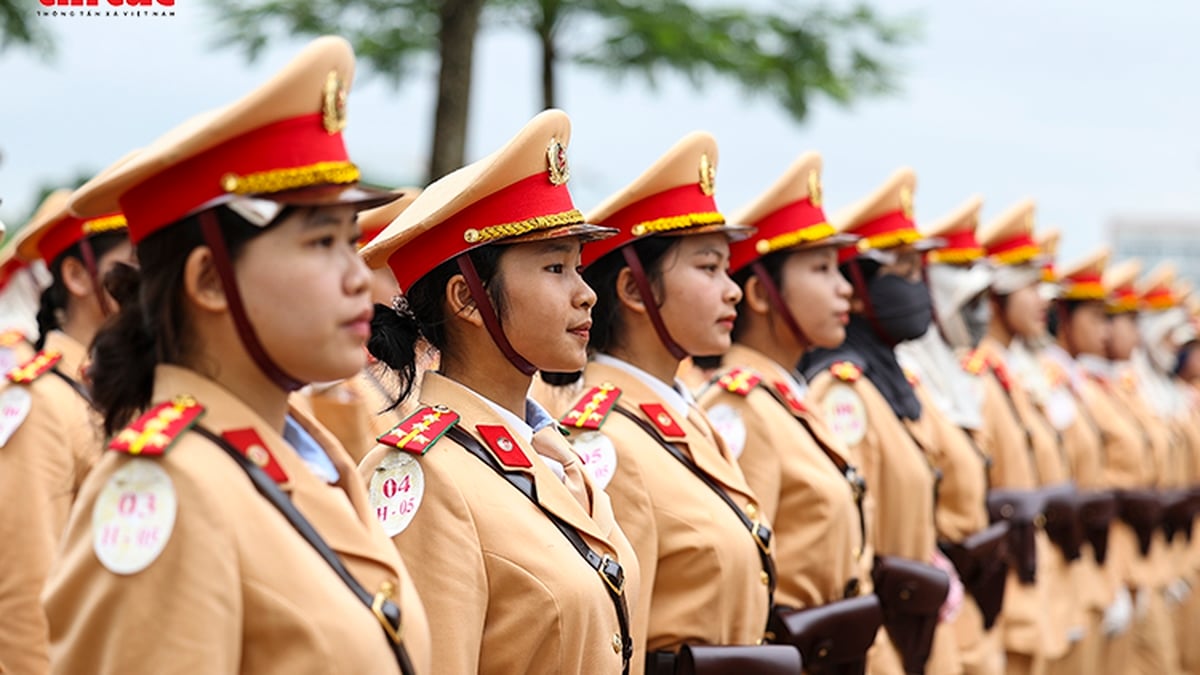

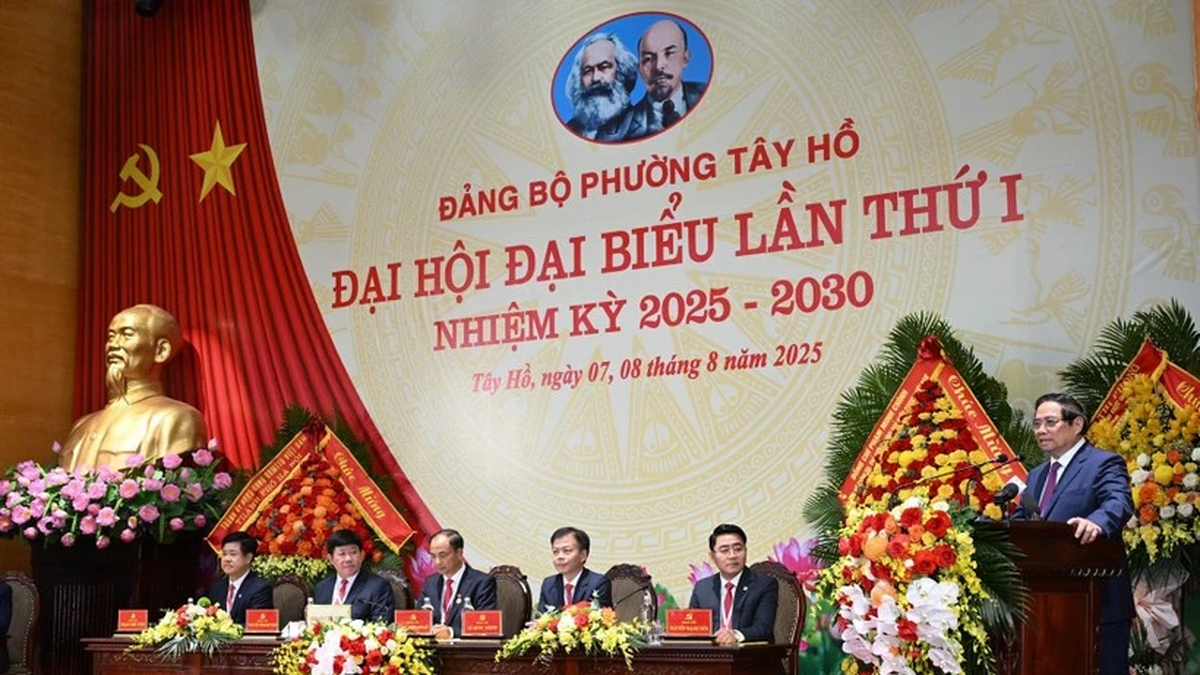


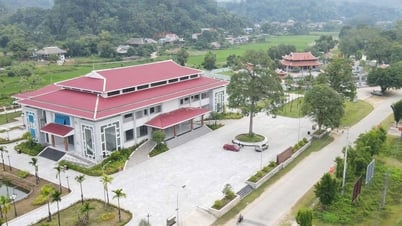









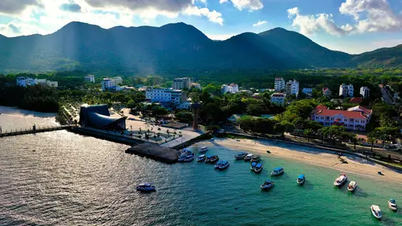

















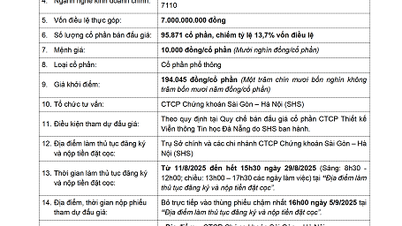









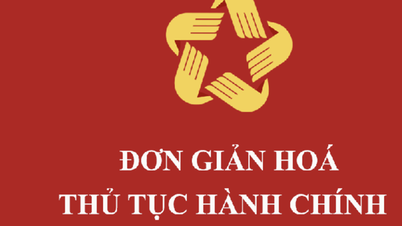

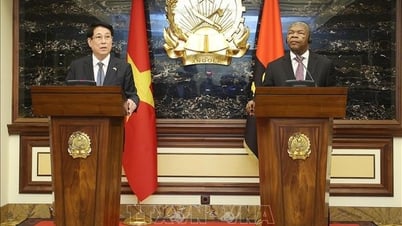



























Comment (0)